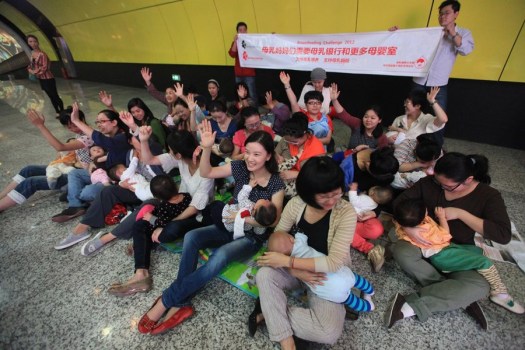
Fukuyama’s view of the post Cold War world as “the end point of mankind’s ideological evolution” has been slapped around quite a bit over the last 20 years – and rightly so.
However, not enough people have extended the slaps to the idea that Western international infrastructure – i.e. the WTO, the IMF and the World Bank – is also something that could be relatively short lived. Academics, journalists and Joe Bloggs alike tend to view these things as collectively agreed upon, rather than tools to promote a primarily American agenda. (see Deudney & Ikenberry for example).
However, as the US declines in relative power, more challenges to this system should be expected. Challenges such as China’s boycott of the IMF financial meetings happening in Japan at the moment.
Despite difficult economic times for most, China’s finance minister and central bank chief have not attended these meetings. No doubt spurred on by recent positive projections regarding the state of the Chinese economy, China is essentially reminding the other participants that it is growing more economically confident and capable each day, and that they need to work with it more than it needs to work with them.
Up until now, China has largely played by the rules – seeking entry into the WTO for example. But, as its power grows, it is likely to adjust the international infrastructure to one that suits its needs more directly – just like the US did. And who can blame it? There have been many studies into how UN decisions during the Cold War were overwhelmingly one-sided, and how the ICC tends to focus on Africa alone. Plus the history of prescribing free trade for the developing world while ignoring duties and quotas in the West has been well documented.
The end of history? No. A changing of the guard? It just might be.













